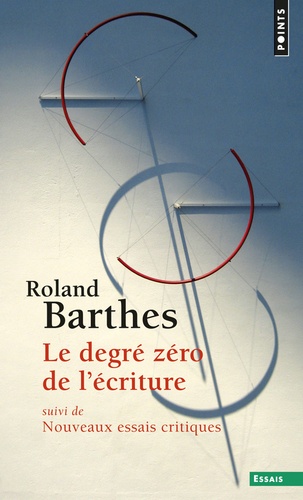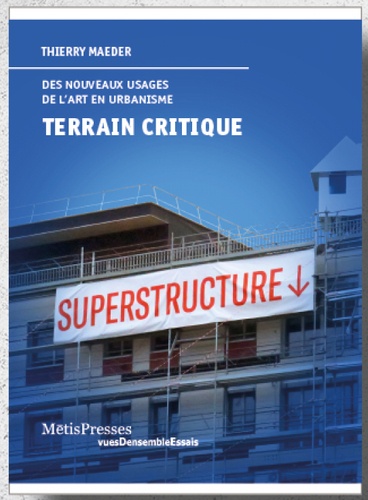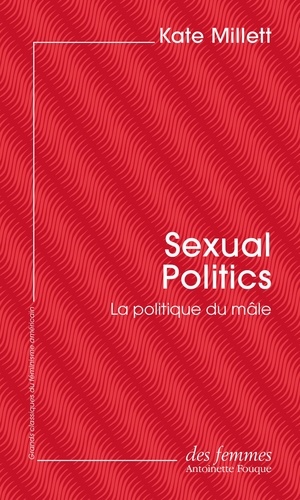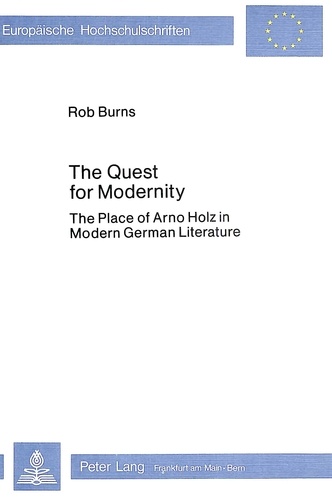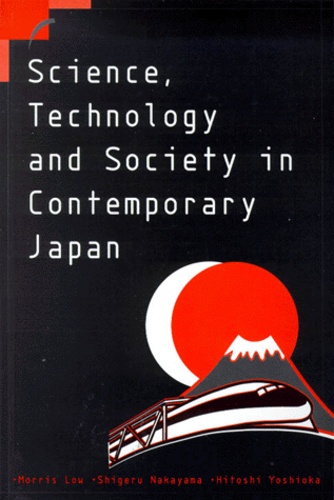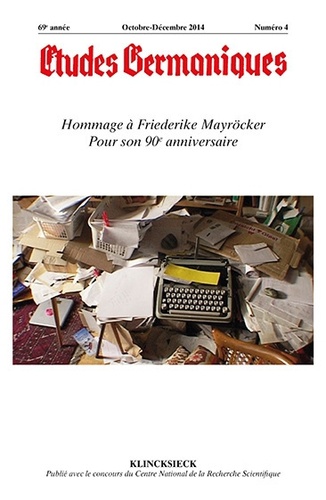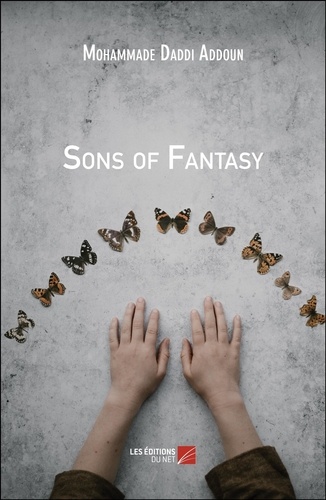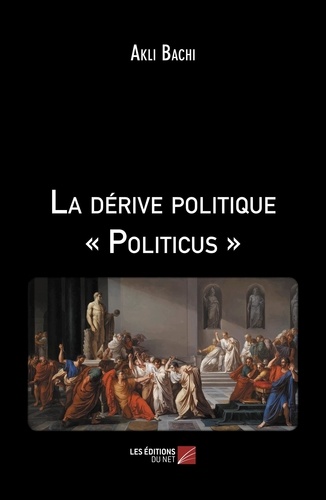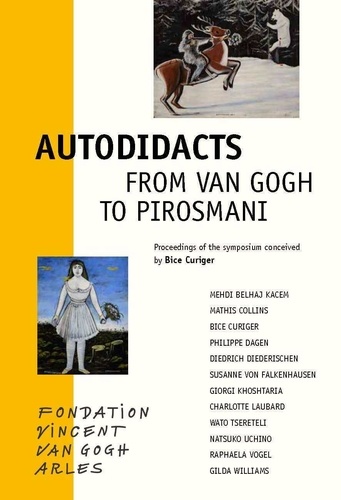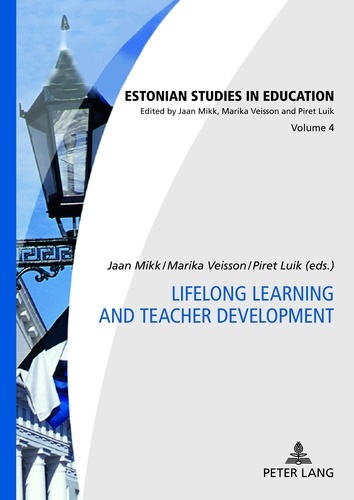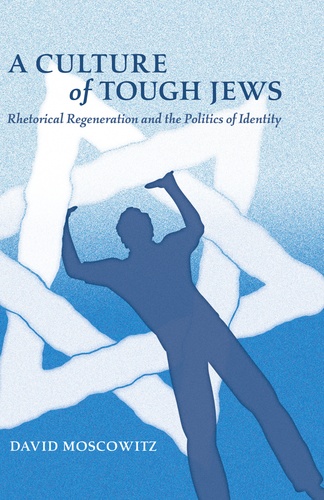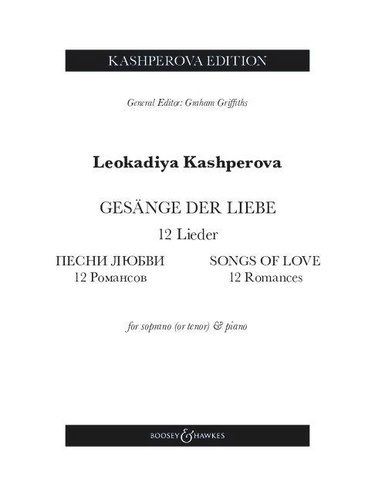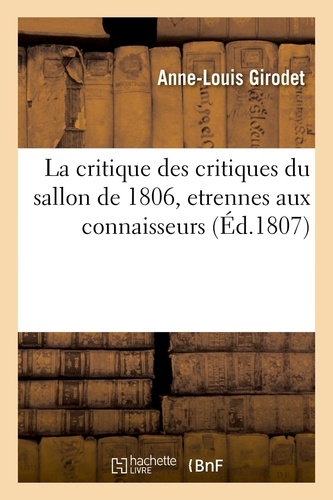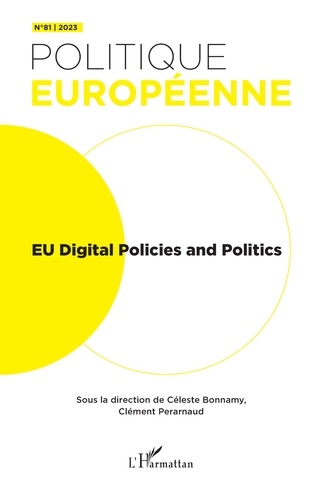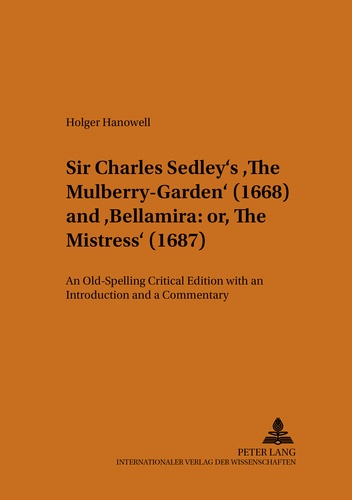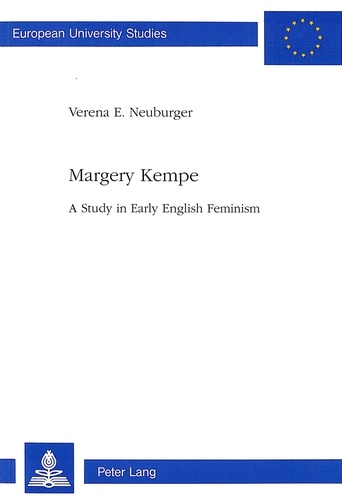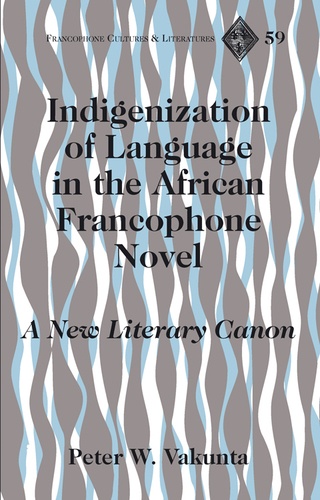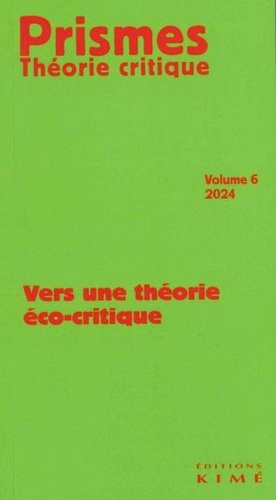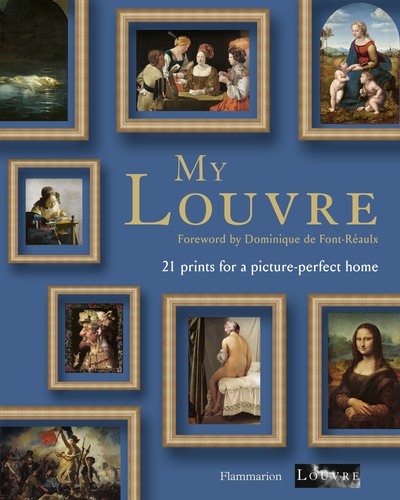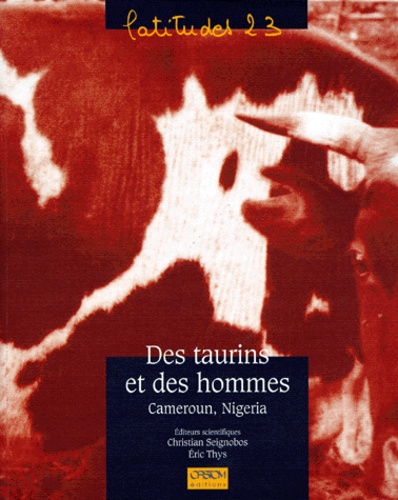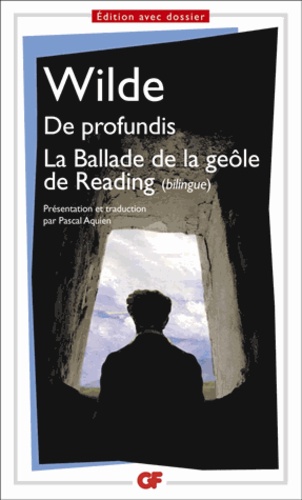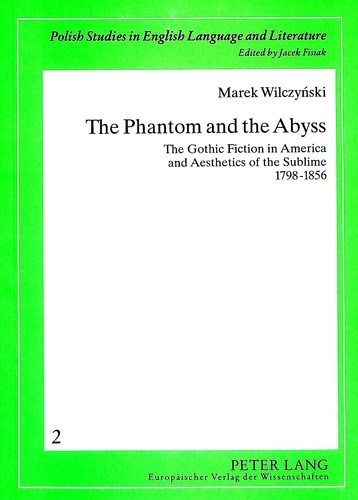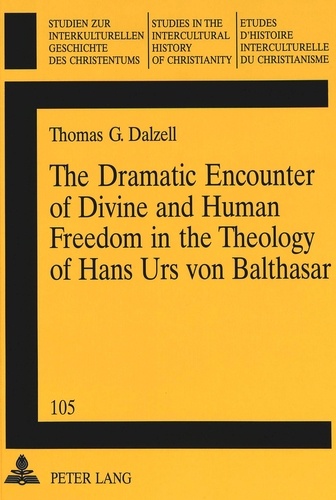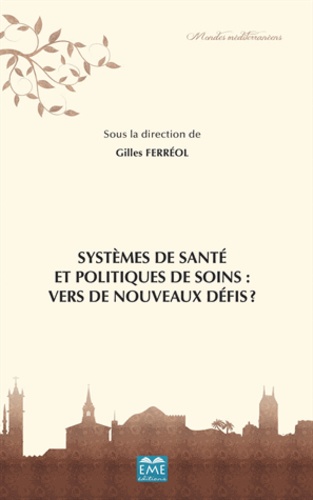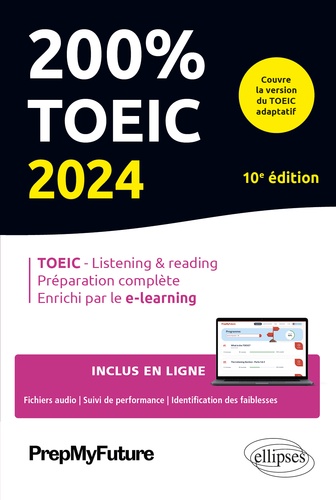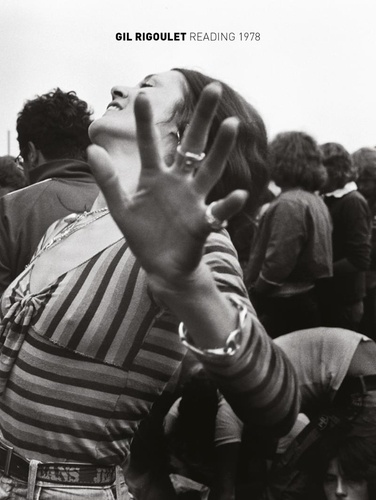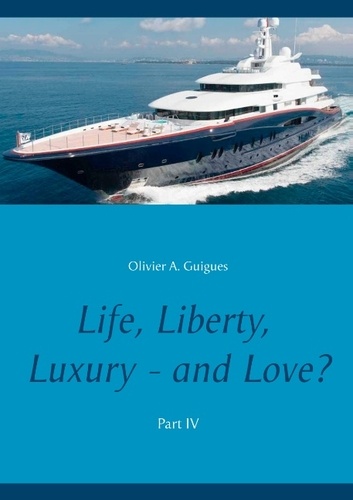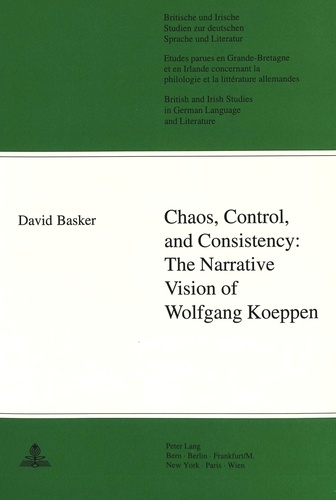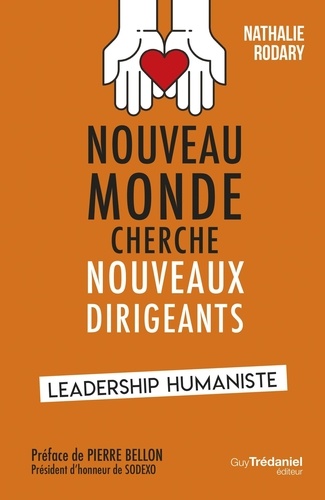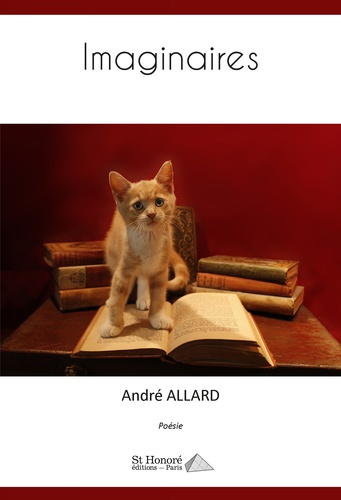Études germaniques - N°4/2014. Hommage à Friederike Mayröcker Pour son 90e anniversaire
Inge ARTEEL Biographie einer Biographielosen Based on my experiences writing a monographical biography of Friederike Mayröcker I explore some dilemma's and paradoxes of biographical writing, both in the texts of Mayröcker herself and in the writing about her texts. In her prose texts as well as in paratexts Mayröcker cites and parodies conventions of (auto)biographical literature ; referential truth is both suggested and thwarted. When writing a biographical portrait, these ambivalences should be taken into account. En me fondant sur mon expérience d'écrire une biographie monographique de Friederike Mayröcker, j'examinerai quelques dilemmes et paradoxes de l'écriture biographique dans les textes de Mayröcker même et dans les écrits qui traitent de ses textes. Dans ses textes en prose ainsi que dans les paratextes, Mayröcker cite et parodie des conventions de la littérature (auto)biographique ; la vérité référentielle est en même temps suggérée et troublée/contrariée. Lors de l'écriture d'un portrait biographique, ces ambivalences doivent être prises en compte. Klaus KASTBERGER Geheimnisse des Archivs Friederike Mayröcker und ihre Wohnung The Essay deals with photographs of Friederike Mayröcker's apartment in Vienna, where the author is immersed in slips of paper, manuscripts, newspaper cuttings, brochures, folders and books. The spatiality of the room is held to be an important condition for the specific appearance and an appropriate understanding of Mayröcker's literature. The guest, who is invited to the cramped room, can be seen as a deputy of the reader. Both of them have to step onto areas, which show narrow contacts between the body of the author and the hoarded materials. In that way, Friederike Mayröcker is a challenge for literary criticism as well as for modern archival theory. Le présent article traite de photographies de l'appartement viennois de Friederike Mayröcker dans lequel l'auteure est immergée dans des morceaux de papier, des manuscrits, des coupures de journaux, des brochures, des prospectus et des livres. La spatialité de la pièce apparaît comme une condition importante pour appréhender cet aspect spécifique et comme un moyen approprié pour comprendre la littérature mayröckerienne. L'hôte qui est invité dans la pièce exiguë peut être considéré comme un représentant du lecteur. Tous deux doivent avancer dans des espaces qui révèlent d'étroits contacts entre le corps de l'auteure et la masse de matériaux. A cet égard, Friederike Mayröcker constitue un défi pour la critique littéraire aussi bien que pour la théorie moderne d'archivage. Aurélie LE NEE Friederike Mayröcker et le surréalisme selon André Breton Friederike Mayröcker's work has often been defined as "surreal", even if the signification of the adjective remains vague. This paper tries to clarify this concept by referring to Breton's Theorization of Surrealism in the two manifestoes, and to highlight Friederike Mayröcker's relation to this movement. The confrontation of Breton's manifestoes with extracts from Mayröcker's Magische Blätter and Gesammelte Gedichte leads to an analysis of keywords of Surrealism such as madness, dream, psychic automatism, association of ideas, magic, surreality, and reveals not only similarities, but also important differences in Breton's and Friederike Mayröcker's conception and practice of their art. Friederike Mayröckers Werk wird oft als "surreal" bezeichnet, wobei die Bedeutung des Adjektivs vage bleibt. Der vorliegende Artikel versucht, den Begriff zu präzisieren, indem er sich auf Bretons Theoretisierung des Surrealismus in den beiden Manifesten bezieht, und Friederike Mayröckers Verhältnis zu dieser Strömung hervorzuheben. Die Gegenüberstellung der Manifeste Bretons mit Auszügen aus den Magischen Blättern und Gesammelten Gedichten Mayröckers führt zu einer Analyse von Kernbegriffen des Surrealismus wie Wahnsinn, Traum, automatischem Schreiben, Ideenassoziation, Magie, Surrealität, und bringt mehrere Ähnlichkeiten, aber auch wichtige Unterschiede zwischen Bretons und Friederike Mayröckers Kunstauffassung und -praxis ans Licht. Michael HAMMERSCHMID Stilleben. Reflexionen zur Ding-, Schreib- und Sprachwahrnehmung bei Friederike Mayröcker und mit Francis Ponge My essay focuses on the thing (Ding) as an entity (or thing itself) which crosses Friederike Mayröcker's work and is questioned deeply in "Stilleben" (1991) where Friederike Mayröcker refers to art and art history as well as to the status of language, writing, the book and the perception and creation of these entities. As a referring point the research of Francis Ponge in the field of things and their "visualization" in language helped a lot to open a space by comparing the poetics of these two great poets. The formulation of six thesis to Friederike Mayröcker's "Stilleben" tries to outline six views that interact with each other, so that the question of how we see things and their relation to language and what literature can thereby show us could be traced out more clearly. 1) The thing of "Stilleben" is the book, 2) The thing "book" is dissolved, 3) The image of "Stilleben" is the thing, 4) The thing must be created, 5) The "I" is a subject-object, 6) The thing is not the thing, but the poetic. Mon article se concentre sur la chose (Ding), comprise comme une entité (ou chose en soi) qui traverse l'oeuvre de Friederike Mayröcker et est interrogée de manière approfondie dans Stilleben (1991), ouvrage dans lequel Friederike Mayröcker se refère à l'art et à l'histoire de l'art aussi bien qu'au statut du langage, rattachant le livre, la perception et la création à ces entités. Prises comme point de référence, les recherches de Francis Ponge dans le domaine des choses et de leur "visualisation" dans le langage ont contribué à une comparaison entre les poétiques de ces deux grands auteurs. La formulation de six thèses sur Stilleben de Friederike Mayröcker tente d'esquisser six postulats qui interagissent les uns les autres de telle sorte que l'on peut cerner de manière plus précise la question de savoir comment nous percevons les choses et leur relation au langage et ce que la littérature peut nous montrer dans ce cas. 1) La chose de Stilleben est le livre, 2) La chose "livre" est dissoute, 3) L'image de Stilleben est la chose, 4) La chose doit être créée, 5) Le "je" est un sujet-objet, 6) La chose n'est pas la chose, mais la poétique. Françoise LARTILLOT Lire le poststructuralisme en poète. Résistance tropologique de Friederike Mayröcker dans les étu-des (2013) In études, Mayröcker's art establishes itself once again in a remarkable way with the specific use of French verbal and cultural fragments which enhance Mayröcker's tropological style. It reminds certainly of post-structuralist figurality (which is itself a result of the renewed interpretation of Symbolism), but it is combined with a sensitive and sensuous fabric : with this hybridization, Mayröcker fits into this tradition in an original way, and she resists the scourges of the contemporary era. In études behauptet sich Mayröckers Kunst durch den Einsatz von französischen Sprach- und Kulturfragmenten erneut auf beeindruckende Weise. Der darin aufscheinende tropologische Schreibduktus erinnert zwar an die poststrukturalistische Figuralität (als Ergebnis einer erneuten Deutung des Symbolismus), ist bei Mayröcker jedoch sinnlich und sensibel unterwandert : durch diese Anverwandlung reiht sich Mayröcker eigenwillig in diese Tradition ein und leistet Widerstand gegen die Plagen der kontemporären Zeit. Valérie BAUMANN "Tous frères (de) Grimm" , Jacques et Jean. Place du nom dans l'écriture de Friederike Mayröcker This paper proposes a close reading of a passage from Friederike Mayröcker's text entitled vom Umhalsen der Sperlingswand, oder 1 Schumannwahnsinn. This analysis will explain how the proper noun lost its raison d'être in Mayröcker's writing (particularly in this very text of poetic prose). The issue of "the monolingualism of the other" (Derrida) is confronted with a perception of things which discerns meaning as "point of flight of jouissance" (Barthes/Nancy). Diese Lektüre untersucht in der Weise vom close reading einen Auszug aus Friederike Mayröckers vom Umhalsen der Sperlingswand, oder 1 Schumannwahnsinn. Der Kommentar verdeutlicht, wie der Name (Eigenname) im Verfall liegt, was den Schreibgestus des "Schumannwahnsinns" anbelangt. Die nachvollziehbare Herausforderung vom "Monolinguismus des Anderen" (Derrida) bildet allerdings die Spannung zum Wahrhaben des Sinnes als "Fluchtpunktes der sinnlichen Lusterfahrung" (Barthes/Nancy). Andrei CORBEA-HOISIE Paul Celan Student an der Sorbonne The paper represents the first biographical synthesis dedicated to the university studies of the young Paul Celan, registered at Sorbonne immediately after his arrival in Paris in the summer of 1945, that is more than half of year after he had left Romania. The path towards obtaining the degree in "humanities" and his intentions to elaborate a PhD-thesis are placed in the larger context of his efforts to integrate himself in the French society on the one hand and in the context of his efforts to establish himself as a German-speaking poet, on the other. We exploit here a number of unpublished documentary materials from the French archive, as well as a number of interviews, again unpublished, that we took between 1998 and 2000 with a number of persons close at that time to Paul Celan. Cette étude est une première synthèse biographique consacrée aux études universitaires du jeune Paul Celan, qui s'est fait inscrire à la Sorbonne dès son arrivée à Paris pendant l'été 1948, plus de six mois après avoir quitté la Roumanie. Le trajet sur lequel il s'inscrivit pour l'obtention d'une maîtrise ès "Lettres" et son projet de thèse de doctorat sont placés dans le contexte plus large de son désir de s'intégrer à la société française mais aussi de s'affirmer en tant que poète de langue allemande. Cette étude exploite toute une série de documents inédits des archives françaises ainsi que des interviews, elles aussi inédites, que l'auteur a réalisées entre 1998 et 2000 auprès de personnalités qui faisaient partie à cette époque du cercle des proches de Paul Celan. Laurent DEDRYVERE Les guerres du Schleswig-Holstein, lieu de mémoire nationaliste dans l'Allemagne wilhelminienne The present paper deals with German nationalist "lieux de mémoire" (sites of memory) related to the Schleswig-Holstein wars (1848-1851 and 1864) in the German Empire. Eight historical novels, published between 1881 and 1914, were used as primary sources for this article. These books played an important part in the popula-rization of the historical arguments justifying the an-nexation of both duchies by Prussia. Most novels were written either while Köller was Oberpräsident of the Prussian province of Schleswig-Holstein, or a little later, and they can only be understood in the light of the Germanization policy which was carried out in this province. In the case of Northern Schleswig, nationalist intellectuals were confronted with two difficulties. Firstly, even the champions of the German cause in Northern Schleswig spoke a Danish dialect as their mother tongue. Secondly, individual members of one and the same family sometimes declared their support for different national camps. So neither the mother tongue and the national-political opinions, nor the "lineage" and the national-political opinions could be automatically equated. Most authors payed attention to the national peculiarities of Northern Schleswig in their work, whilst at the same time supporting the Germanization policy. The detour via the German history allowed a legitimation of the Köllerian politics. Some radical völkisch novelists apparently promoted a German-Danish reconciliation. But this was not aimed at the "real" Danish speakers. An imagined union of all Germanic peoples was at stake, not the political rights of an ethnic minority. Der vorliegende Artikel untersucht die deutschen nationalistischen Erinnerungsorte der beiden schleswig-holsteinischen Kriege (1848-1851 und 1864) im Deutschen Kaiserreich. Als Quelle dienen acht historische Romane, die zwischen 1881 und 1914 veröffentlicht wurden. Eine wesentliche Funktion dieser Werke bestand darin, historische Argumente für einen Verzicht Dänemarks auf die Herzogtümer und für ihre Abtretung an Preußen in populärer Form anzuführen. Die meisten Romane wurden während Köllers Oberpräsidentschaft in Schleswig-Holstein oder kurz danach verfasst und sind nur vor dem Hintergrund der Germanisierungspolitik in Nordschleswig zu verstehen. Die nationalistischen Intellektuellen waren im Falle Nordschleswigs mit zwei Schwierigkeiten konfrontiert. Erstens hatten selbst die Vorkämpfer der deutschen Sache in Nordschleswig einen dänischen Dialekt als Muttersprache. Zweitens bekannten sich manchmal Mitglieder ein und derselben Familie zu unterschiedlichen nationalen Lagern. Es gab also weder zwischen Muttersprache und national-politischer Gesinnung noch zwischen "Abstammung" und national-politischer Gesinnung eine systematische Korrelation. Die meisten Verfasser beachten in ihren Werken die nationalen Besonderheiten Schleswigs, sprechen sich aber gleichzeitig für die Germanisierungspolitik aus. Der Umweg über die jüngste deutsche Geschichte dient also der Legitimierung der Köllerschen Politik. Manche radikal völkischen Schriftsteller treten für eine deutsch-dänische Versöhnung ein. In keinem Fall sind aber die wirklichen Dänischsprachigen gemeint. Es geht um ein erträumtes Bündnis aller Germanen, nicht um die politischen Rechte einer ethnischen Minderheit.
09/2015
